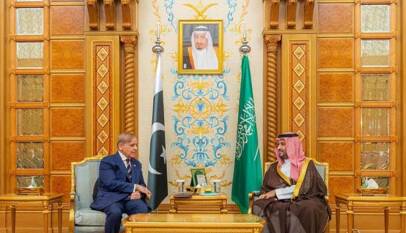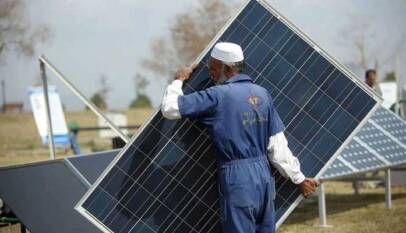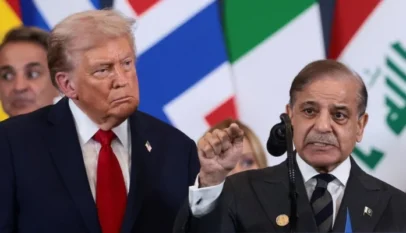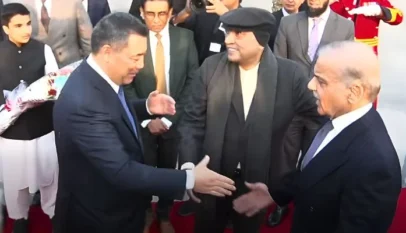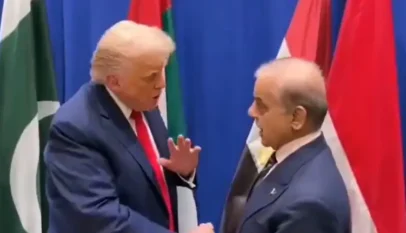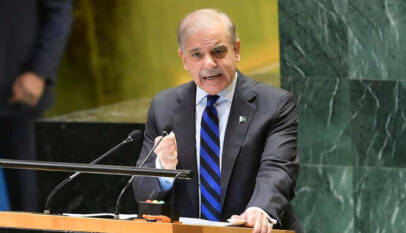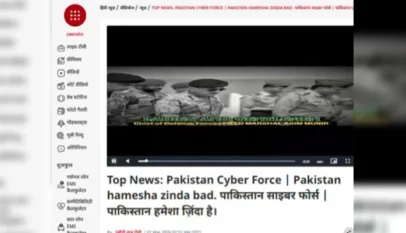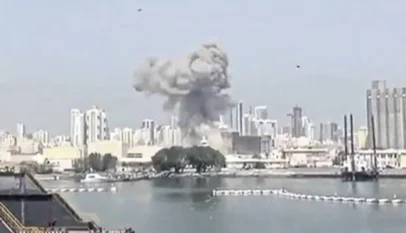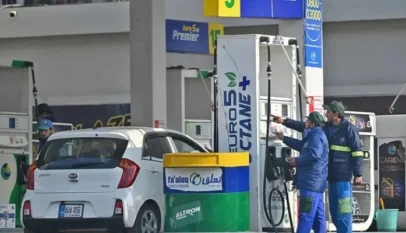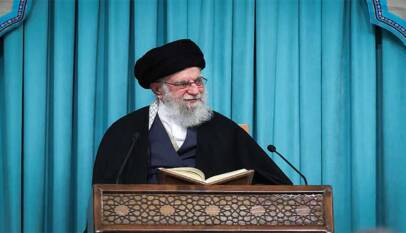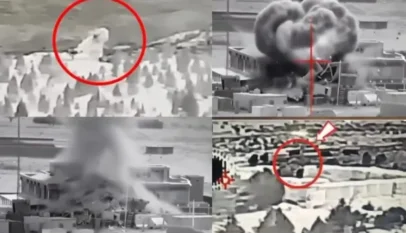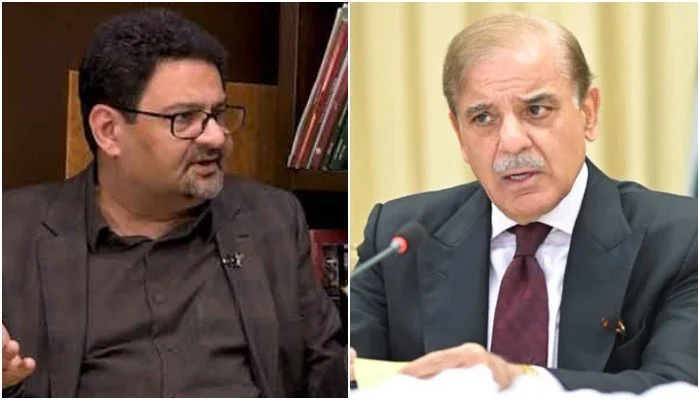
LAHORE (RNN TV) — Former Finance Minister Miftah Ismail has criticized the Shehbaz Sharif-led government for introducing a “mini-budget disguised as development projects for Balochistan,” while denying the public relief on petroleum prices.
PM Shehbaz Sharif has announced that the savings from withholding the fuel price relief would be allocated to the development of the N-25 Highway in Balochistan, which connects Chaman, Quetta, Kalat, Khuzdar, and Karachi.
By freezing fuel prices, the government increased the petroleum levy by Rs8.72 per litre on petrol (raising it from Rs70 to Rs78.72) and by Rs7.01 per litre on diesel (from Rs70 to Rs77.01).
Petroleum Minister Ali Pervaiz Malik defended the decision, stating that fuel prices remained lower than those in neighboring countries, and that the freeze would support development priorities in Balochistan. He urged the public to bear a “small inconvenience” for the sake of long-term national development.
Prime Minister Shehbaz echoed this argument, stating that the savings from maintaining fuel prices would be used for Balochistan’s development. He also outlined plans for a Rs300 billion highway project between Karachi and Quetta, which would be completed in two years and transform a dangerous stretch of road that has claimed around 2,000 lives.
Calling it a “gift” to the people of Balochistan, PM Shehbaz said that those opposing the project were “narrow-minded.” He also highlighted the doubling of Balochistan’s share in the National Finance Commission (NFC) Award and assured that the highway would be built to the highest standards.
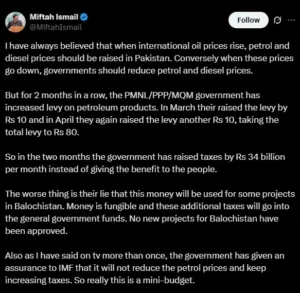
However, Miftah, who served as the finance minister under PM Shehbaz, pointed out flaws in the government’s approach. He emphasized that separate funds are allocated specifically for development projects and criticized the government’s handling of the issue.
Miftah Ismail pointed out that the government has allocated Rs1,100 billion for development initiatives, with approximately Rs700 billion earmarked for lawmakers across the country. The Awaam Pakistan leader argued that these funds could have been better utilized within the provincial government’s own budget, which also has a surplus.
He emphasized that it should not be the case that federal budget funds are used for motorway projects in Punjab, while development projects in other provinces rely on taxes collected from all Pakistanis.
Responding to a question about whether the government was acting out of necessity due to a lack of alternatives, Miftah Ismail asserted, “There’s always a way when there’s competence and the right approach.” He criticized the government’s handling of the situation, claiming that it had foreseen the potential for global petroleum price reductions and had committed to using that as a strategy, alongside imposing new taxes, to avoid introducing a mini-budget.
Miftah pointed out that in March, the government imposed Rs17 in taxes, with up to Rs30 in taxes levied in the current month, and an additional Rs30 expected in May and June. He argued that these tax hikes would collectively raise around Rs100 billion, or approximately 8% of the total budget, effectively making it a “mini-budget.”
While acknowledging that every government requires funds, Miftah urged the government to focus on reducing its own expenses. He criticized the significant salary hikes for ministers and lawmakers—up to 300%—while ordinary citizens face a 40% tax rate, which rises to 50% for businesses.
Miftah also expressed concern over the high electricity and gas prices, which he described as the highest in the region. He suggested that the government could have utilized funds left over from the Public Sector Development Programme (PSDP), which had seen a 64% increase.
When asked if the government deserved credit for preventing the country from defaulting, Miftah conceded that credit should be given where it’s due. However, he added that global oil prices had dropped, benefiting Pakistan due to favorable global commodity price conditions, and suggested that Prime Minister Shehbaz Sharif could take credit for this improvement.
Miftah criticized what he saw as the government’s focus on “show projects,” like air ambulances, while neglecting the basic needs of the people. He pointed out that the average Pakistani’s salary had effectively decreased over the past three years, with over 100 million people living below the poverty line and 270 million children out of school.
He lambasted the government’s failure to provide basic services such as healthcare, education, and clean drinking water, emphasizing that while prices had risen, the government had failed to offer relief to the public when prices fell.
Source: Web Desk
Indian News channel hacked, pro-Pakistan content broadcast briefly
(Web Desk) — Indian television channel ABP News was temporarily disrupted after hack…

